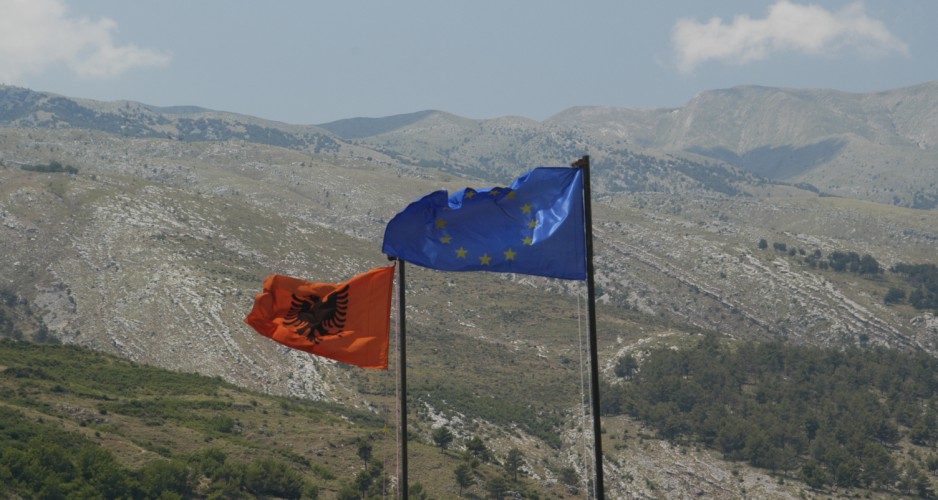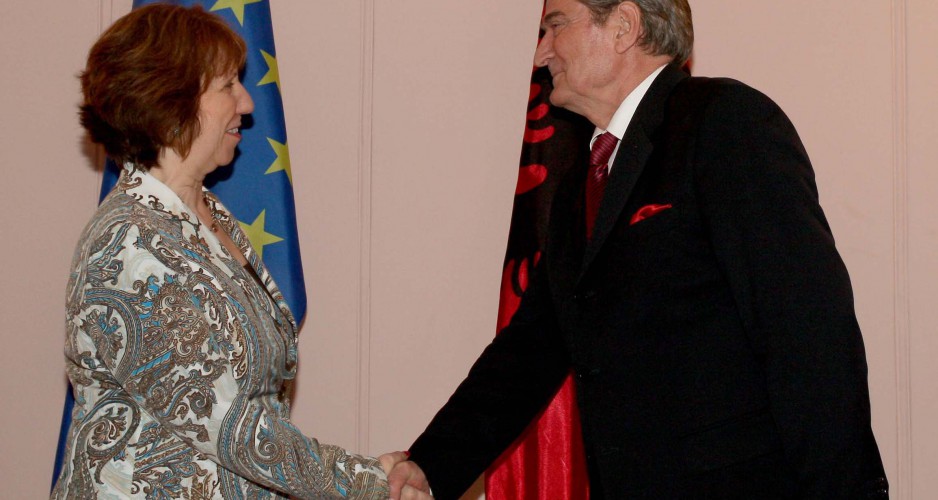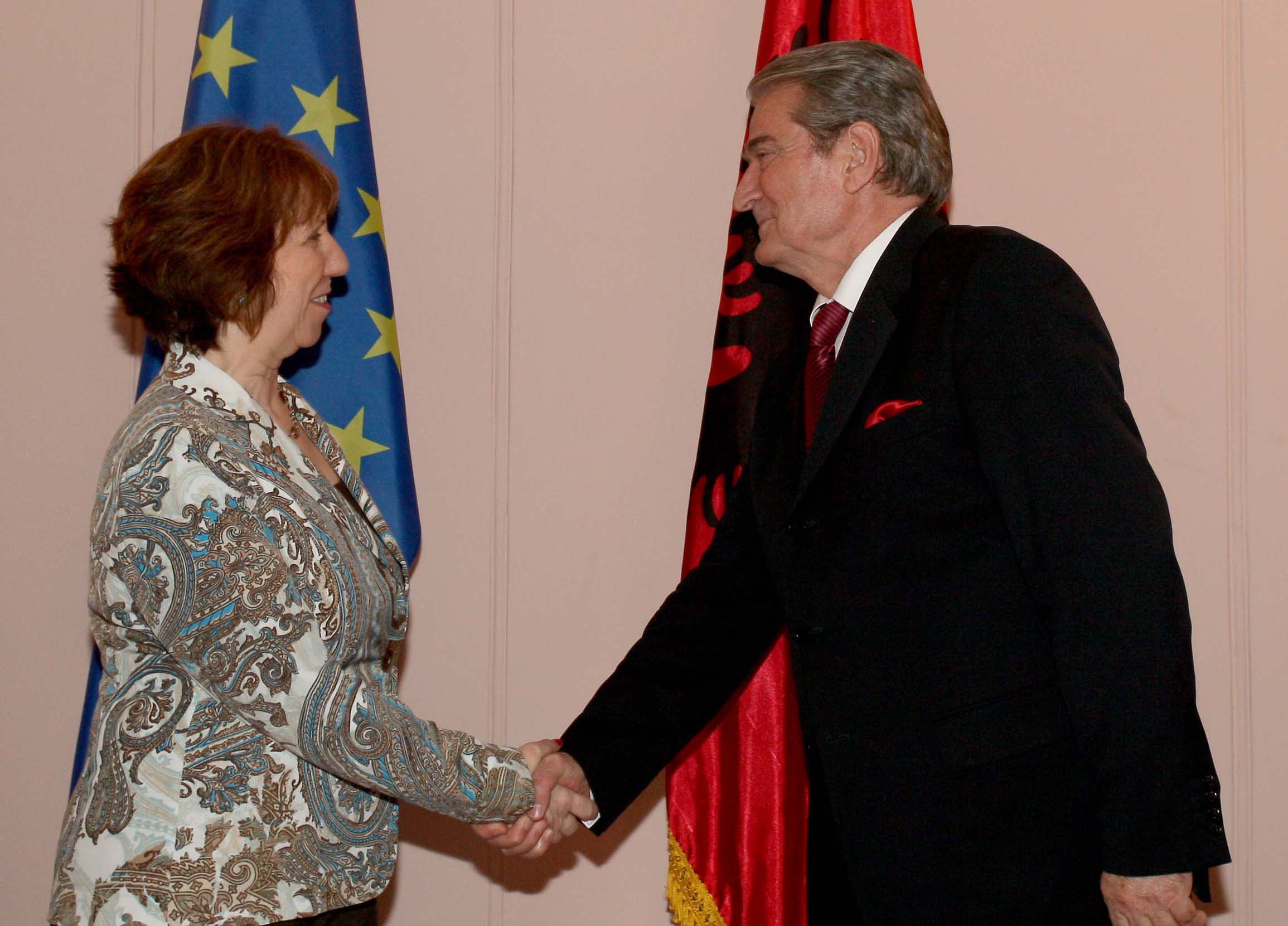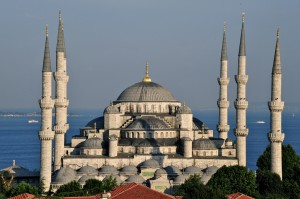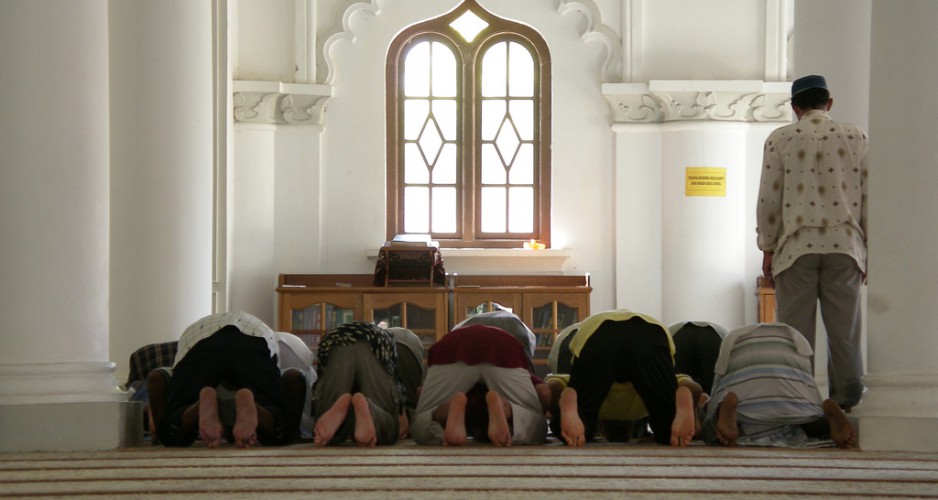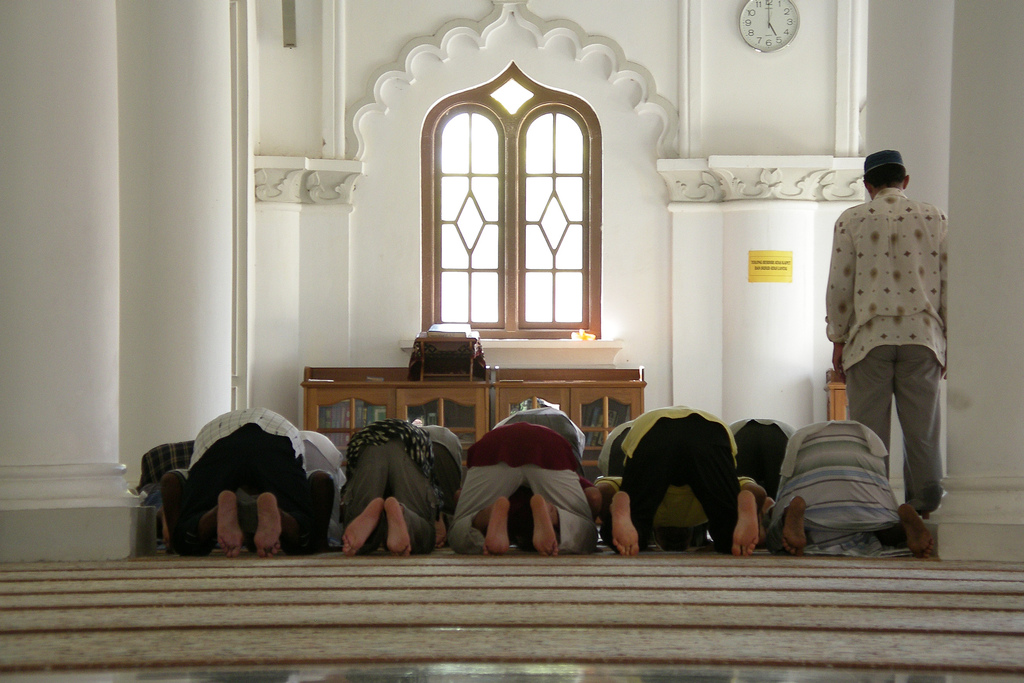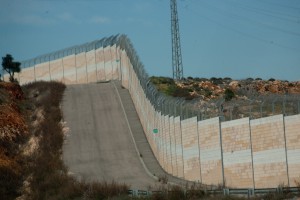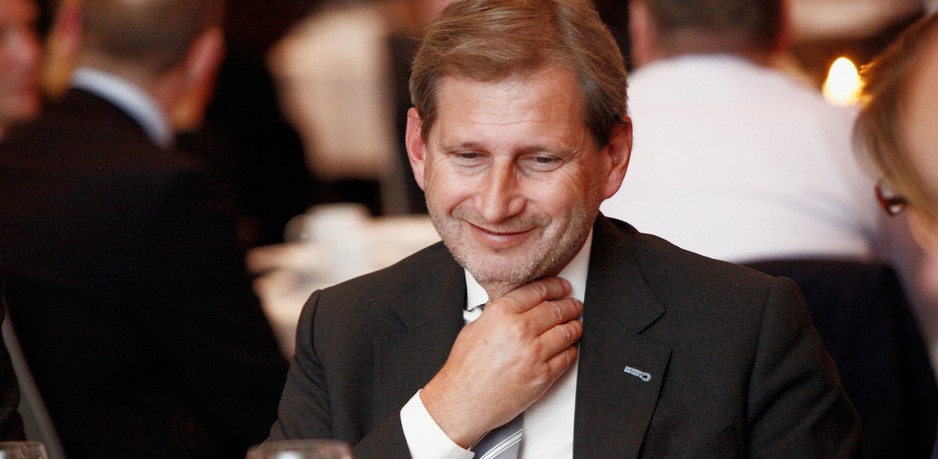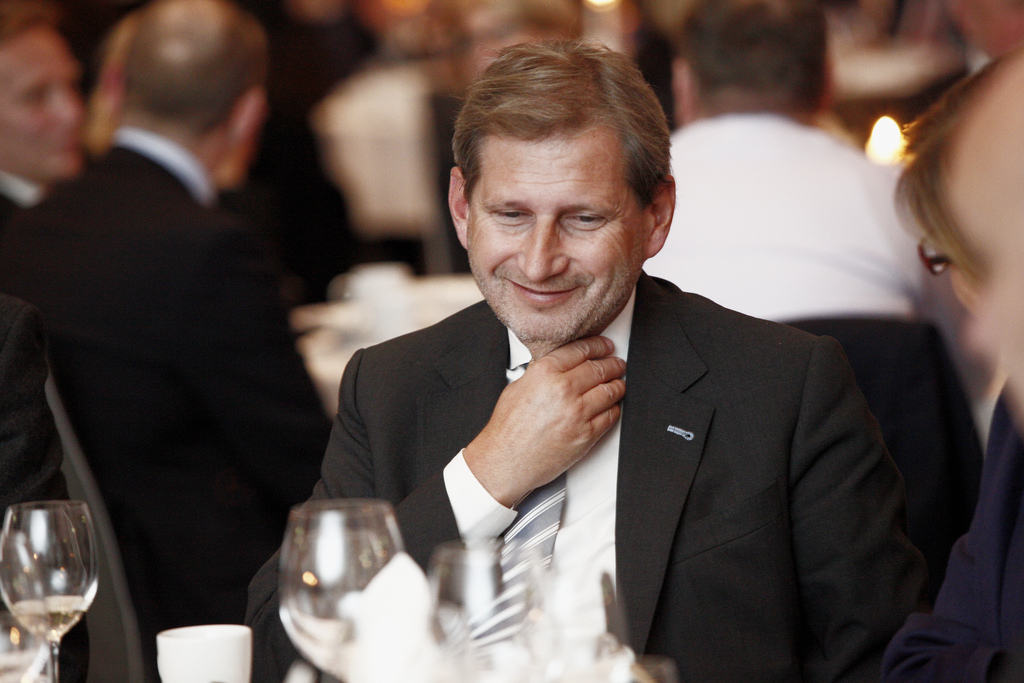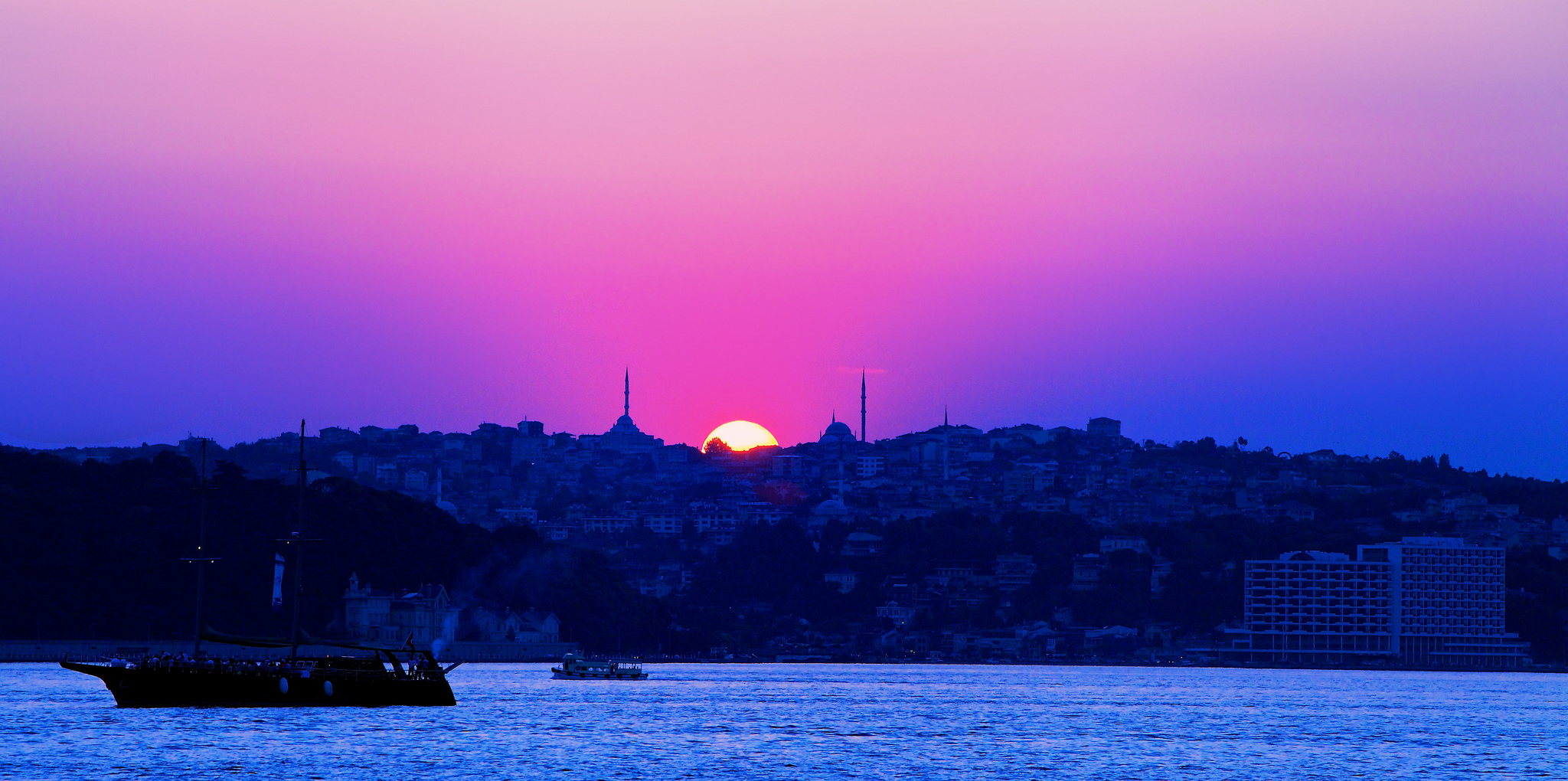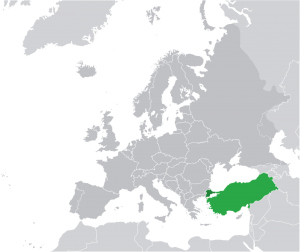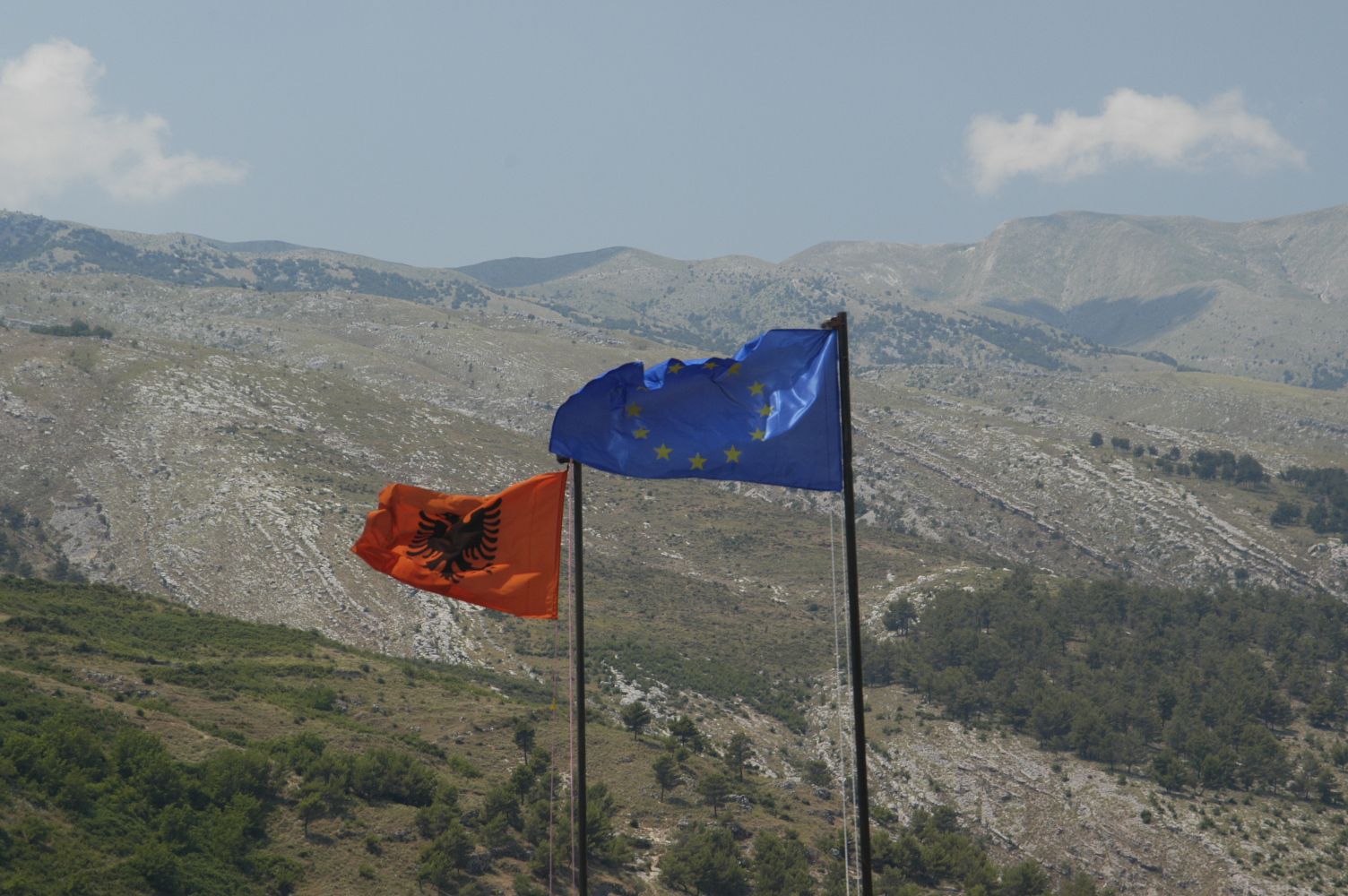
The youths are embracing the so called Western culture and consequently forgetting theirs. There are efforts in the EU to reinforce the sentiment of a common tradition such as: the European flag and hymn, Eurovision song contest, etc. Nevertheless, Zhan Mone, the creator of the EU, later said that given the opportunity, he would have given more importance to culture than to economy. Thus, “So similar, so different, so European” means that there are countries which serve both as good or bad examples.
When it comes to a social state, will we become similar to the countries of northern Europe or the Mediterranean ones? When it comes to rights, will Albania be as liberal as Spain to allow marriages of the same sex or will it be conservative like Malta which didn’t allow divorce? To put it differently, EU holds a number of good and bad examples. Yes, we may reach standards superficially and convince Brussels one day. We choose to follow good or bad models. However, completing something superficially, results in superficial products too. Integration in the EU is an outcome of democracy, not a democratization ready formula. Moreover, Albania has and is benefiting from a number of EU instruments of assistance. On the one hand, in 1999, it benefited from the Autonomous Trade preferences and in 2000 duty-free access to the EU market was granted too. On the other hand, in 2007, the visa facilitation agreement was signed.
All of these acquisitions convince us on worshipping the EU as an admirable safe haven. When Greece was in crisis the EU helped, but being constantly dependent on others enslaves a person, enslaves people. I wish that membership comes in the right moment when we see the EU once and for all as an opportunity to develop democratically. Beyond contradictions, beyond insecurities, I believe we have worked hard so far and shouldn’t give up. It’s not the politicians’ challenge only, it’s everyone’s challenge, everyone’s future. We are all in a feverish anticipation of legitimizing victory to embrace and enjoy once and for all our European dream.
Immediately, deep in the soul and in my youthful hopes, something flourishes that by pulling me away from the current time, it brings me closer to a brighter future. Something that, I know for sure will give me the validity to declare with pride: “I’m European, I live European, I think European”. Our closest duty is to do what we see clearly in the present, not what appears vaguely in the distance. “We are one and the change comes a little from all to reach good for all”.
About the author:
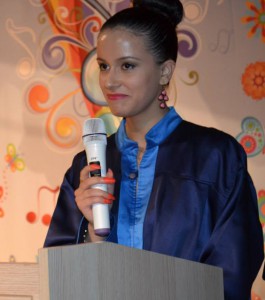
Zoela Thanas Dimo (18) is a graduate from Turkish high school “Mehmet Akif” in Albania with high results and several achievements which opened up her way to studies in Turkey. Currently she´s an economics student at Bilkent University, Ankara.

